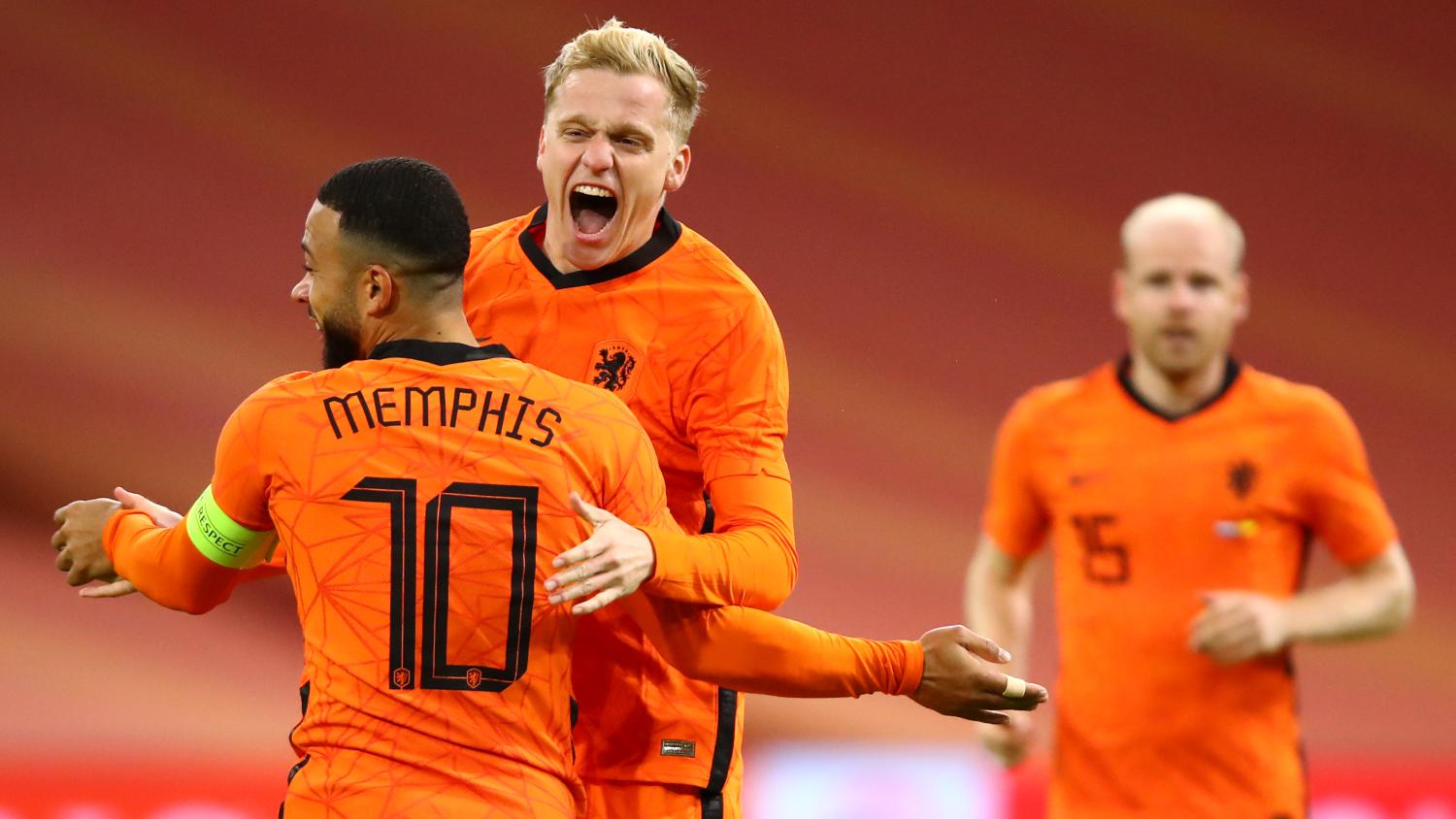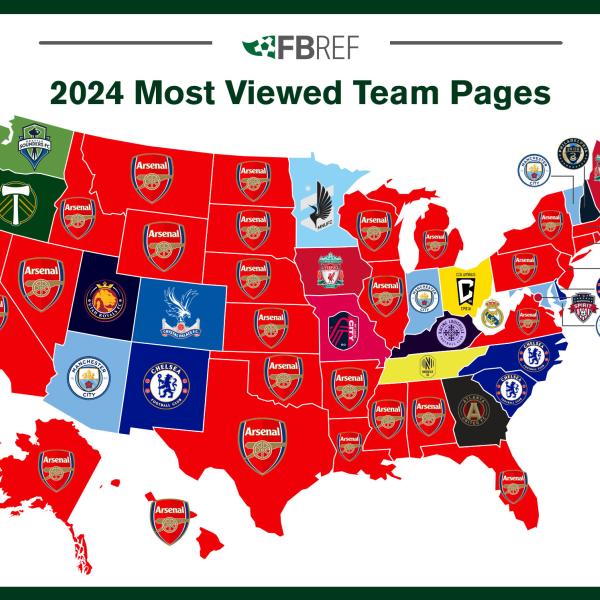AMSTERDAM - The Netherlands team hope that this week’s start of the World Cup qualifiers in Europe will highlight the plight of migrant workers in Qatar and help to improve their working conditions.
"A lot of attention is now focused on whether we should go there if we qualify," coach Frank de Boer told a news conference on the eve of his team’s opening Group G match against Turkey in Istanbul, amid growing controversy at home over Qatar’s hosting of the 2022 finals.
"It is right to ask that question ... Everyone knows that what is happening there is not good," he said, before referring to a Dutch football association (KNVB) statement ruling out a boycott. "Human Rights Watch and Amnesty International have said that if we go there, we can better promote the cause."
After years of pressure from human rights groups, Qatar has recently changed its labour laws to dismantle much of its "kafala" sponsorship system, absolving workers of the need to get the permission of the employer who sponsored their visa in order to change jobs or leave the country. It has also increased the minimum wage by 25% to $275 a month, and applied it to all workers, rather than Qataris only.
Britain’s Guardian reported a month ago that at least 6,500 migrant workers – many of them working on World Cup projects - had died in Qatar since it won the right to stage the World Cup 10 years ago, according to the paper's calculations from official records.
In response, Qatar said the number of deaths was proportionate to the size of the migrant workforce, and included many non-manual workers, but that every life lost was a tragedy. It also said health and safety reforms had helped to steadily reduce worker mortality over the last decade.
The Dutch government postponed a trade mission to Qatar this month, citing concerns for the migrants working on preparations for the World Cup. The Netherlands' team captain, Georginio Wijnaldum, told the news conference the players had discussed the issue.
"It's a big topic, but we all believe we should go there if we qualify. Then we can have a greater impact on change."
(Writing by Mark Gleeson in Cape Town; Editing by Kevin Liffey)







